Take Care of Texas is here to help you to find ways to Take Care of our local pollinators! Here we’ve compiled five easy ways to help our winged friends.
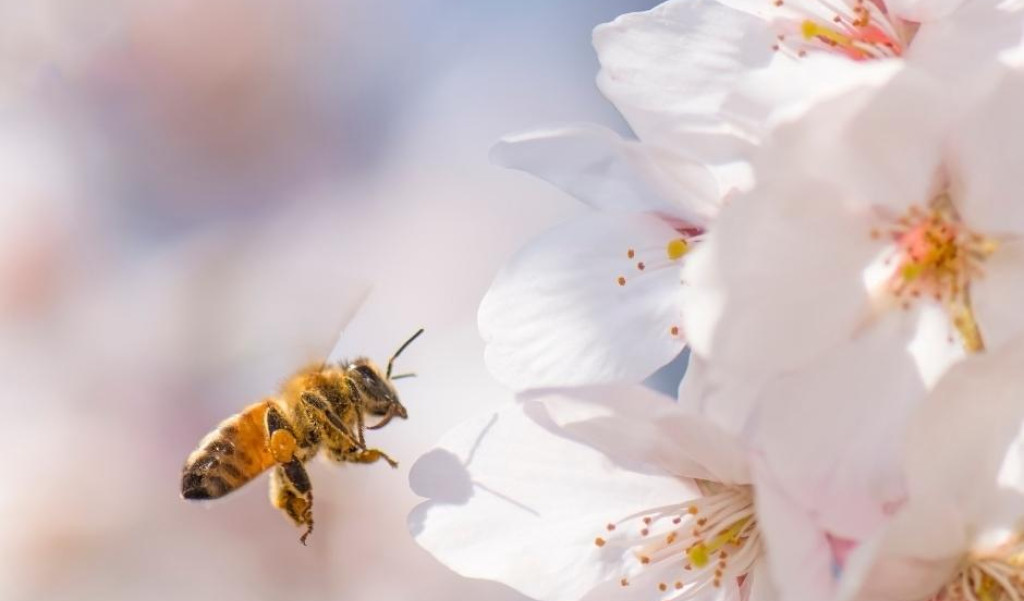
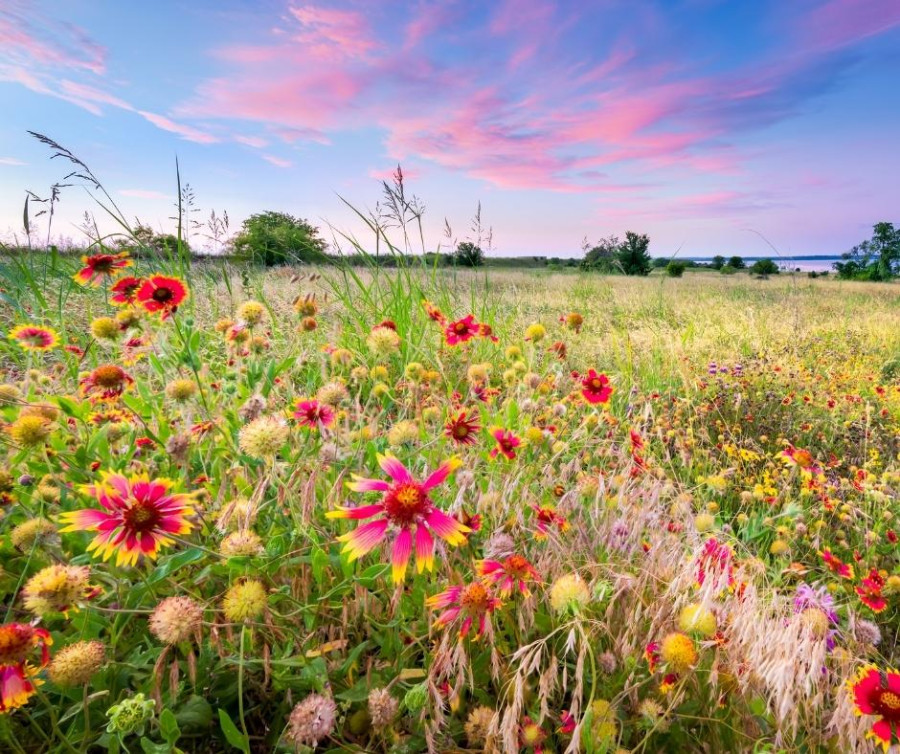
Texas pollinators use native flowers and shrubs for food and shelter. By adding local plants to your garden, you can give them a great place to visit—especially if you live in an urban area, where native plants can be rare. Make sure plants are receiving full sunlight throughout most of the day as many pollinators prefer to eat in the sun. Also, clumping plants together in bunches will attract more pollinators. Find what’s native to your local area at the Wildflower Center’s Native Plant Database!
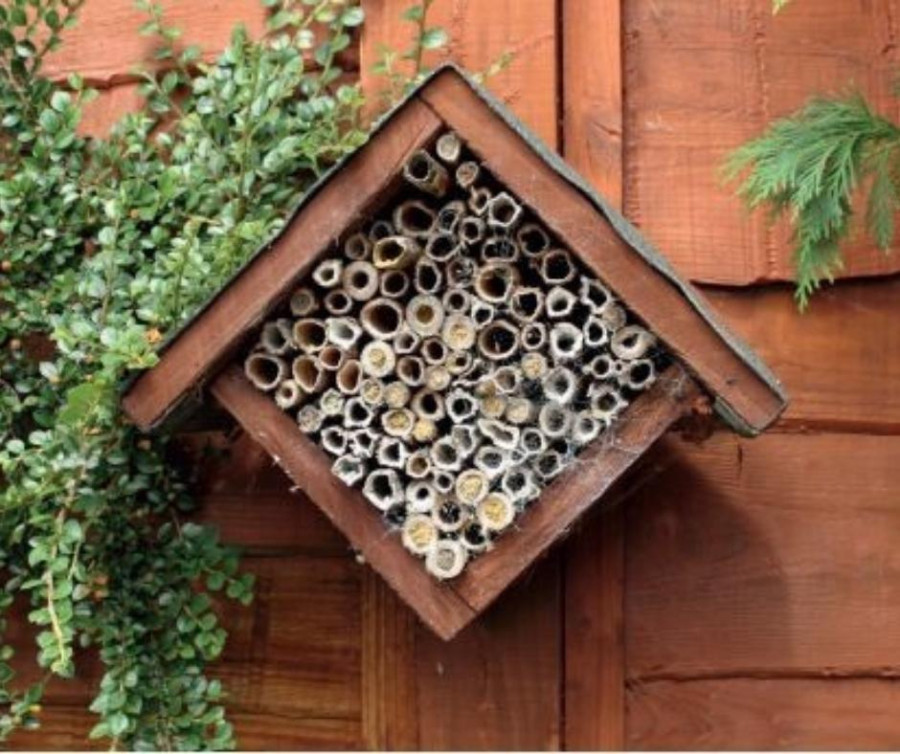
While honeybees live in large colonies, many other bee species are solitary. And sometimes these incredible pollinators struggle to find shelter. You can create a bee hotel out of old paper or cardboard to help them rest their wings. Make sure to use untreated wood and that the hotel has a roof to protect the bees from rainy weather. Also, resist the urge to paint the hotel, as natural wood is more attractive to the bees.
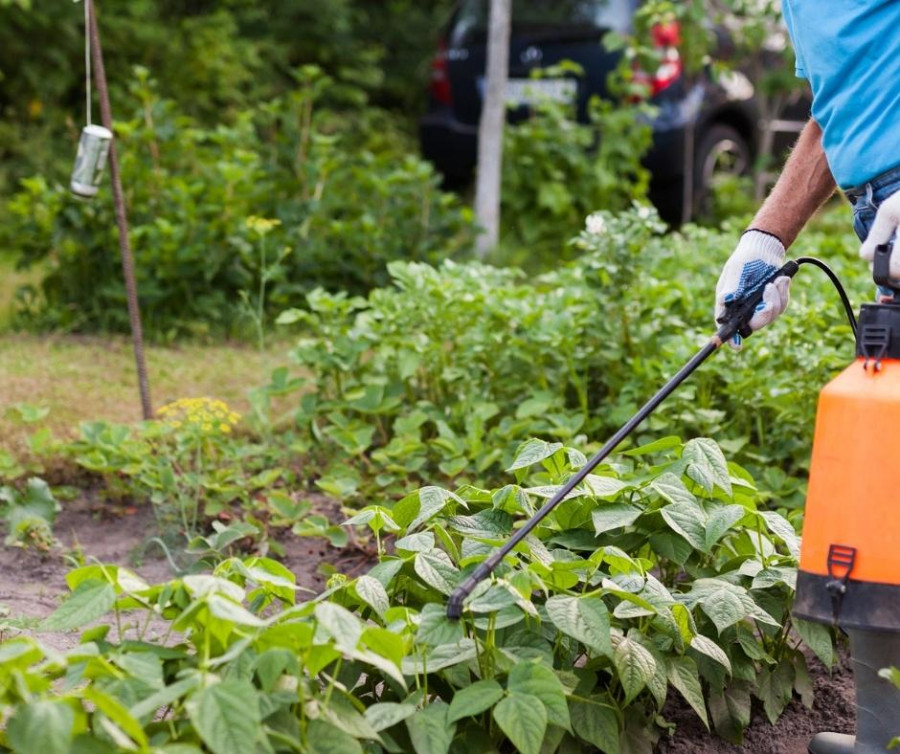
Be mindful of the chemicals that you put in your garden, even if they are organic! Pesticides can dramatically impact the local pollinator populations, as well as runoff into our groundwater. Use only what you need, share the rest with family and friends, and dispose of the rest in a responsible way. Learn more about eco-friendly gardening in our Guide to Yard Care.
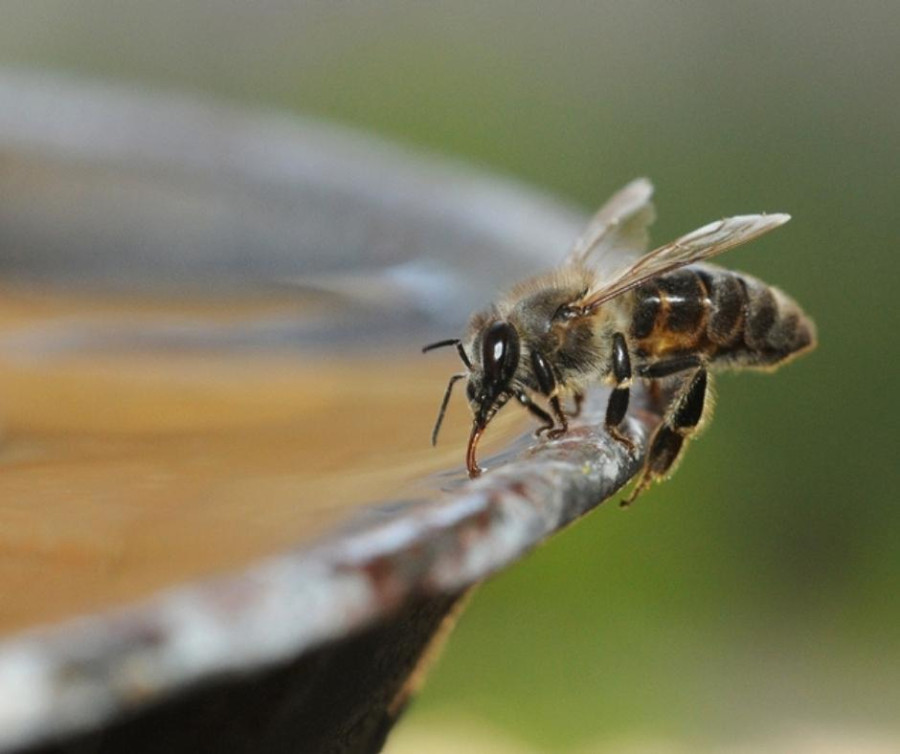
Just like us, pollinators can easily become dehydrated, especially in warmer weather. By adding a water source, you can provide all sorts of critters with an easy location to access water. You can splurge on birdbaths, or an easier method is choosing plants such as honeysuckle to hold water, putting out small dishes, or even creating a muddy spot.
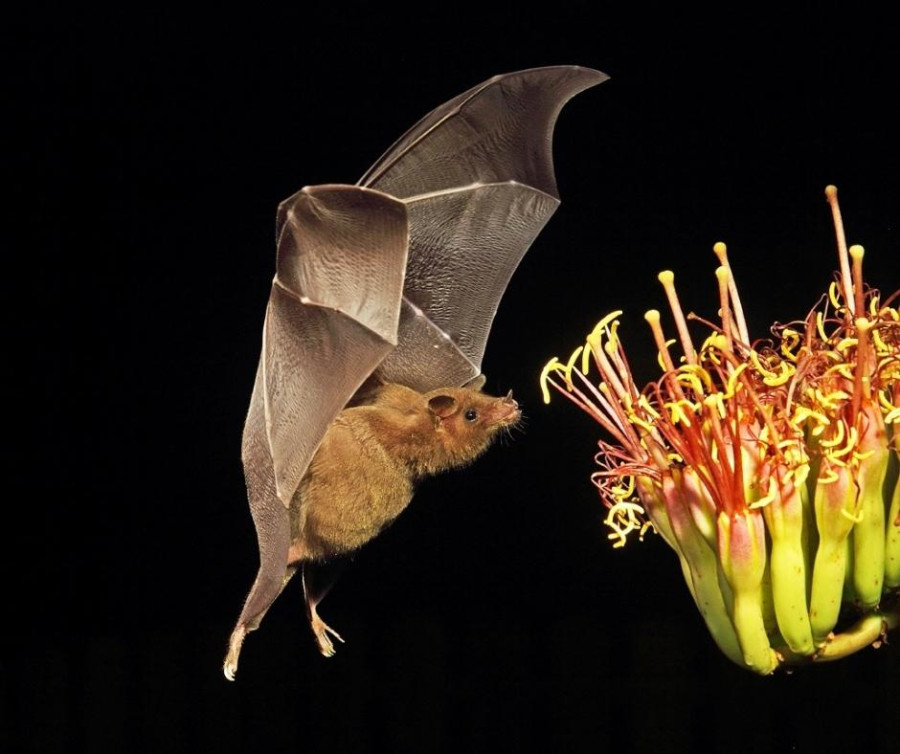
It's not just bees and butterflies that pollinate the plants of Texas but bats too! Planting various night blooming plants such as cacti can provide an extra sweet treat for our nightly visitors. You can also help them out by turning off your outside lights at night!
Pollinators are essential for a healthy environment and following these tips will ensure you are doing your part in helping those populations increase. You can also learn more about how to care for Texas pollinators from our friends at the Lady Bird Johnson Wildflower Center.